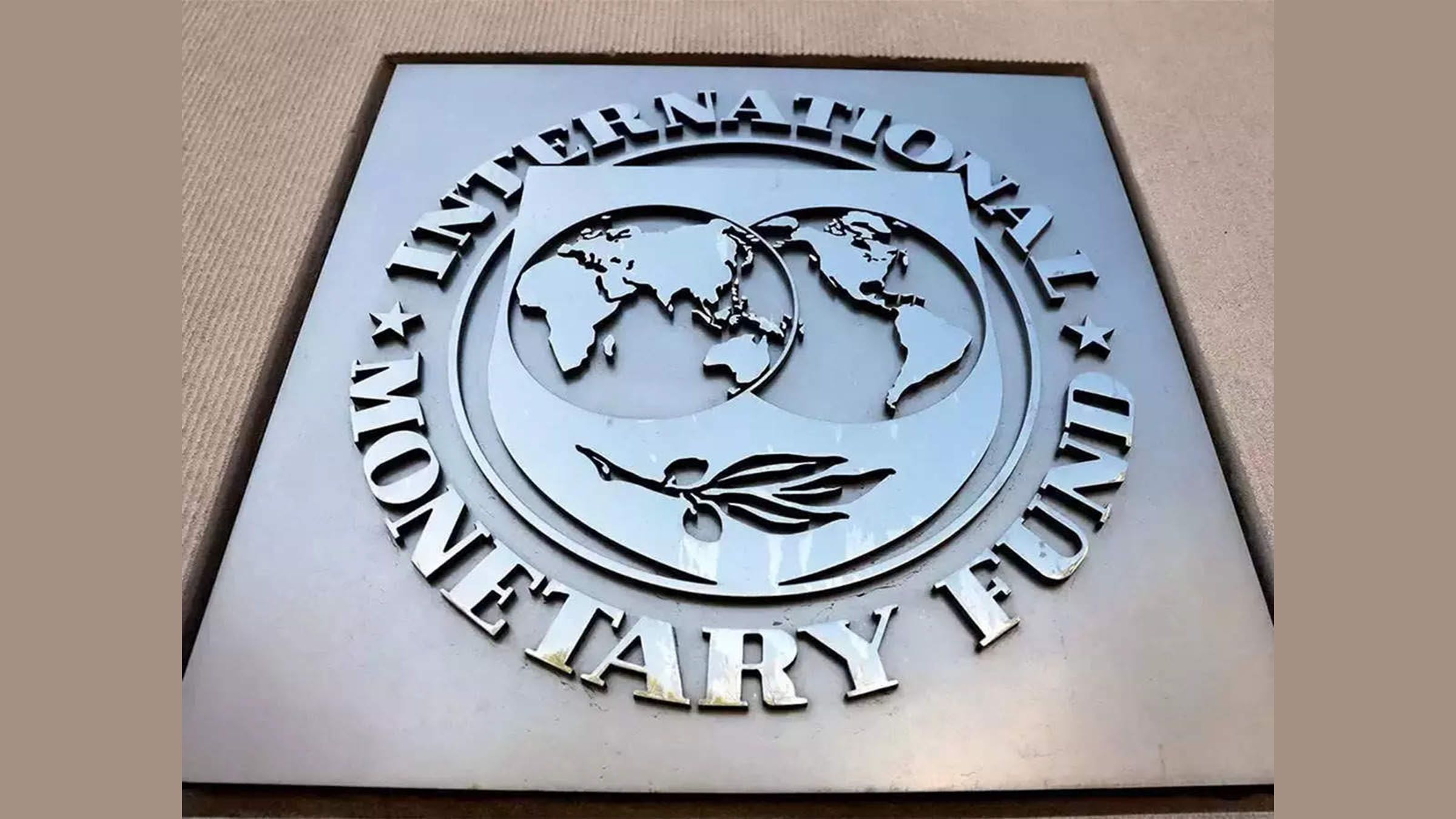With the gradual reopening of China and pent up demand causing rising consumption, global economies are expected to improve, albeit minimally, depending on China’s handling of COVID infections and the war in Ukraine by Russia.
The International Monetary Fund has revised anew its global growth forecast from a projected fall from an estimated 3.4 percent in 2022 to 2.9 percent in 2023 and the rising to 3.1 percent in 2024. This forecast for 2023 is 0.2 percentage point higher than predicted in the October 2022 World Economic Outlook but below the historical (2000-2019) average of 3.8 percent.
The rise in central bank rates to fight inflation and Russia’s war in Ukraine continue to weigh on economic activity. The rapid spread of COVID-19 in China dampened growth in 2022, but the recent reopening has paved the way for a faster-than-expected recovery. Global inflation is expected to fall from 8.8 percent in 2022 to 6.6 percent in 2023 and 4.3 percent in 2024, still above pre-pandemic (2017–19) levels of about 3.5 percent, said the blog of IMF Chief Economist Pierre Olivier Gourinchas.
The balance of risks remains tilted to the downside, but adverse risks have moderated since the October 2022 WEO. On the upside, a stronger boost from pent-up demand in numerous economies or a faster fall in inflation are plausible.
On the downside, severe health outcomes in China could hold back the recovery, Russia’s war in Ukraine could escalate, and tighter global financing costs could worsen debt distress. Financial markets could also suddenly re-price in response to adverse inflation news, while further geopolitical fragmentation could hamper economic progress.
In most economies, amid the cost-of-living crisis, the priority remains achieving sustained disinflation.
With tighter monetary conditions and lower growth potentially affecting financial and debt stability, it is necessary to deploy macro-prudential tools and strengthen debt restructuring frameworks. Accelerating COVID-19 vaccinations in China would safeguard the recovery, with positive cross-border spillovers.
Fiscal support should be better targeted at those most affected by elevated food and energy prices, and broad-based fiscal relief measures should be withdrawn. Stronger multilateral cooperation is essential to preserve the gains from the rules-based multilateral system and to mitigate climate change by limiting emissions and raising green investment.
Tags #IMF, #globalgrowth, #inflation, #COVID19inChina
